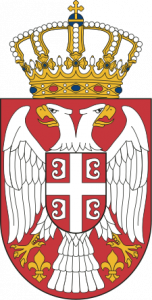Headquarters: Svetog Nauma 7, 11000
Office address: Đorđa Vajferta 13, 11000
Phone:: +381 11 4529 323

Participation of Civil Society Organisations in the Process of Adopting Regulations and Public Policy Documents
The Participation of Civil Society Organisations (CSOs) in the Process of Adopting Regulations and Public Policy Documents is a short-term…

